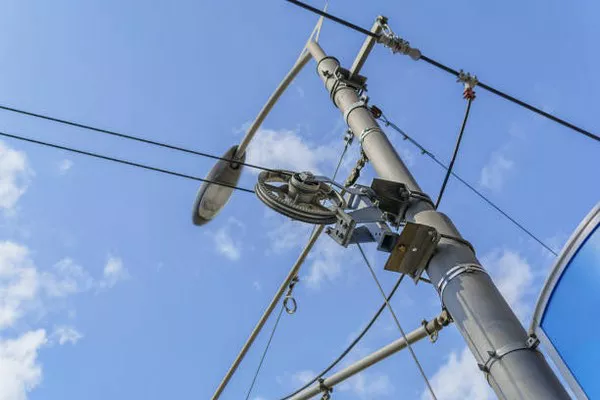A recent study by economist Louis Preonas from the University of Maryland suggests that if U.S. climate policies put coal at a disadvantage in favor of cleaner energy sources, railroads are likely to reduce transportation prices to bolster coal-fired power plants.
One approach under consideration to mitigate the country’s contribution to global climate change is imposing taxes or fees on greenhouse gas emissions by coal-burning power plants. The aim is to make coal-fired energy less competitive and encourage consumers to choose lower-emission alternatives at a competitive cost. However, the study published in The Review of Economic Studies indicates that rail transportation companies could undermine the effectiveness of such fees.
Preonas used the drop in natural gas prices over the past decade as a natural experiment to understand how market dynamics affect the pricing of coal-fired power generation. His analysis, based on data on coal deliveries, rail carrier usage of the U.S. rail network, and hourly energy generation from power plants, demonstrated that as competition from natural gas forced coal-fired plants to lower electricity prices, railroad companies also reduced their coal transportation fees. By offsetting some of the cost difference between coal and natural gas, railroads supported the coal market to avoid losing business.
The study estimates that without the railroad’s support for the coal industry, natural gas usage would have increased even further, resulting in an additional 10% reduction in greenhouse gas emissions compared to current levels.
According to the study, the rail industry’s response to price competition in the coal market suggests that they are likely to absorb a significant portion of any carbon tax or fee imposed on coal-burning plants. This would ultimately benefit the coal industry while potentially negatively impacting the railroads and their shareholders.
Preonas also highlighted that railroads can only absorb a carbon tax for specific power plants. Approximately 44% of U.S. coal-burning plants are served by a single railroad, making them more reliant on their rail carrier. These carriers have higher profit margins and are better positioned to reduce costs to maintain the operation of coal plants. In contrast, where plants are served by multiple railroads or have alternative transportation options like nearby rivers or lakes, rail companies face more competition and may have less room for price reductions.
This study emphasizes the need for further research to explore the long-term implications of market power among rail transportation companies, including their potential impact on coal-fired plant retirements and the economic well-being of coal mining communities.
Preonas also called for a broader consideration of market power distortions in climate policy initiatives for other carbon-intensive industries, such as petroleum refining and aluminum production.
The study drew upon various data sources, including Energy Information Administration data on coal deliveries to power plants and power plant characteristics in the United States, hourly generation data from the Environmental Protection Agency’s Continuous Emissions Monitoring System, and data from the Bureau of Transportation Statistics, which provides detailed information about the U.S. rail network, including the rail carriers operating on each track segment.

